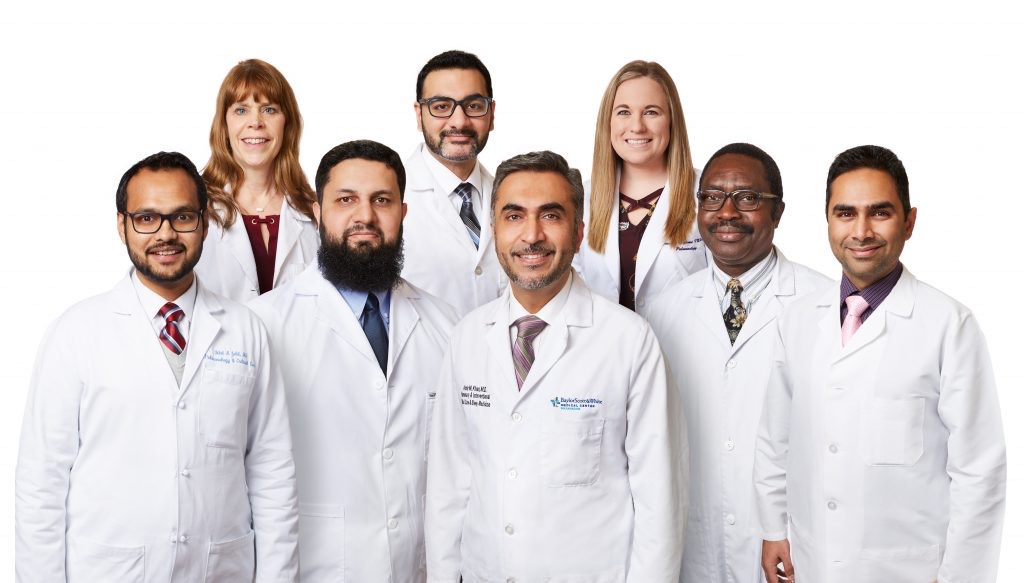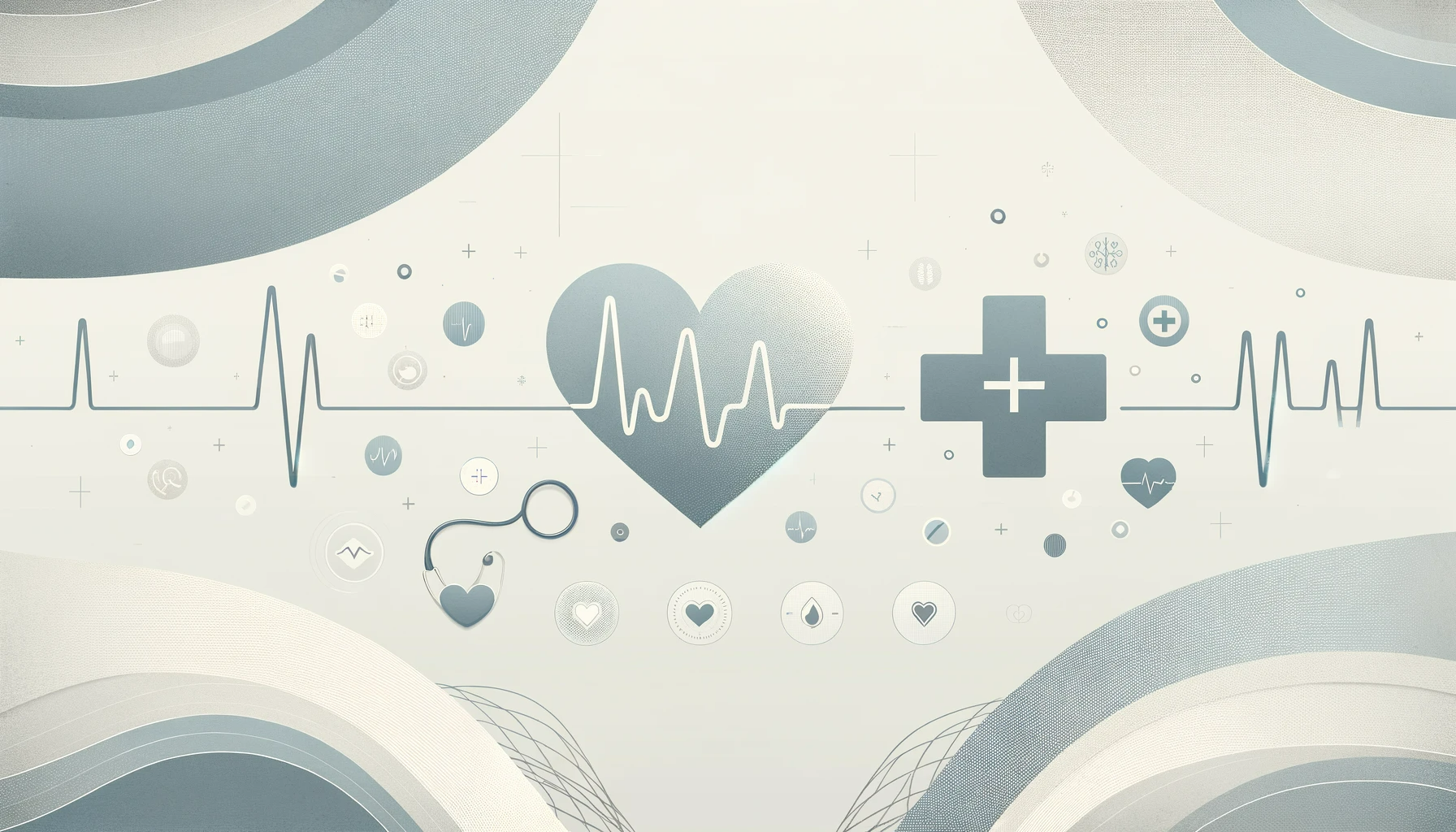

dedicated to enhancing your well-being by expertly diagnosing and treating sleep disorders
“Welcome to Texas Sleep Diagnostics and Therapeutics, PLLC, where advanced technology meets compassionate care to provide you with the most effective solutions for a restful night’s sleep.”
